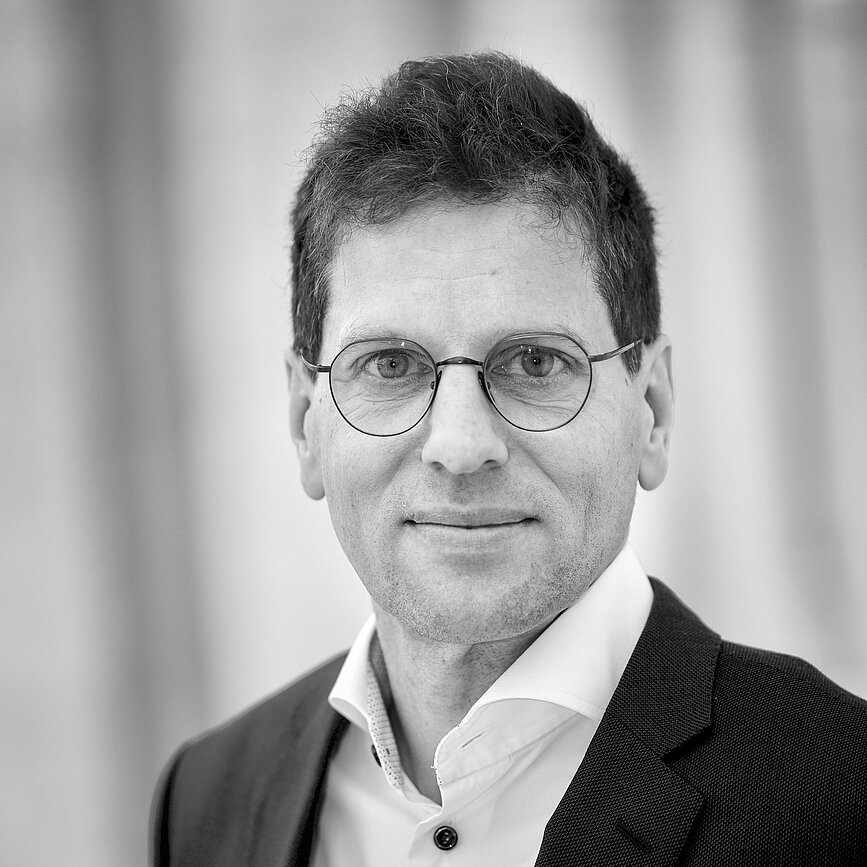Disinterest, prejudice and a sceptical attitude towards science are particularly pronounced in Austria in an international comparison. This has been proven by surveys such as the Eurobarometer or, most recently, the Science Barometer of the Austrian Academy of Sciences (ÖAW). What can be done about it? That is precisely what the ÖAW wanted to know in a publicly announced prize question: "Fact or Fake: How do we deal with scientific scepticism?"
The jury, consisting of members of the Academy, has now for the first time awarded three prizewinners ex aequo from more than 140 submissions: Joachim Allgaier, Alexander Bogner and Klaus Gourgé each receive prize money of 8,000 euros. The jury, which reviewed anonymous submissions, justified its decision by saying that there is not just one right answer to such a multi-faceted question.
ÖAW President Heinz Faßmann says: "The topic of scientific scepticism is moving, as shown by the impressively high number of entries to the current ÖAW Prize question. Three contributions stand out in particular and provide the Academy with a number of suggestions. I warmly congratulate all the prize winners."
Self-criticism as a value of science
"The soul of science is tolerance," sociologist Alexander Bogner, who conducts research at the Institute of Technology Assessment at the Austrian Academy of Sciences, quotes legal theorist Hans Kelsen in his submission. He points out that science requires a high degree of self-criticism and self-relativisation. "Obscurantism, authoritarianism and dogmatism are not compatible with the ethos of science," Bogner writes in his essay. For: science embodies values "that promote a prosperous coexistence in modern, fragmented, pluralistic societies".
The three best contributions to the prize question can be read and downloaded here (in German):
Alexander Bogner: How do we deal with scientific scepticism?
Klaus Gourgé: The Birth of Science from the Spirit of Scepticism
